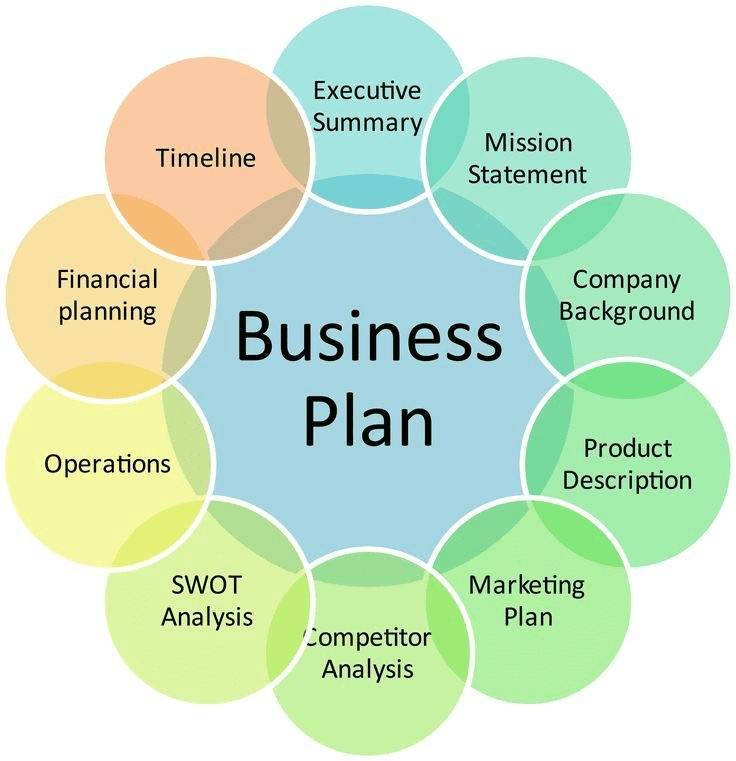How to Start a Business: A Beginner's Guide
Starting a business can be both exciting and daunting. With careful planning and execution, you can turn your entrepreneurial dream into a reality. Here's a step-by-step guide to help you get started:
1. Identify Your Business Idea
- Passion and Profit: Choose an idea that aligns with your passion and has a profitable market.
- Market Research: Conduct thorough research to understand your target audience, competition, and industry trends.
2. Create a Solid Business Plan
- Executive Summary: A concise overview of your business concept.
- Market Analysis: Detailed analysis of your target market and competition.
- Financial Projections: Forecast your revenue, expenses, and profit margins.
- Operations Plan: Outline your day-to-day operations, including production, marketing, and sales strategies.
3. Secure Funding
- Self-Funding: Use your personal savings or assets.
- Loans: Obtain loans from banks or credit unions.
- Investors: Seek funding from angel investors or venture capitalists.
- Crowdfunding: Raise funds through online platforms.
4. Legal and Administrative Setup
- Business Structure: Choose a suitable structure (sole proprietorship, partnership, LLC, or corporation).
- Business License and Permits: Obtain necessary licenses and permits from local authorities.
- Tax Identification Number: Register for a tax ID to comply with tax regulations.
5. Build Your Brand
- Brand Identity: Develop a strong brand identity, including a logo, color scheme, and tagline.
- Website and Social Media: Create a professional website and maintain active social media profiles.
Business Strategies for Success
- Know Your Target Market: Understand your ideal customer and tailor your products or services to their needs.
- Build Strong Relationships: Foster positive relationships with customers, suppliers, and employees.
- Effective Marketing: Implement a comprehensive marketing strategy to reach your target audience.
- Financial Management: Monitor your finances closely and make informed decisions.
- Continuous Improvement: Stay updated on industry trends and adapt to changing market conditions.
- Customer Focus: Prioritize customer satisfaction and build a loyal customer base.
- Delegate and Empower: Delegate tasks to capable team members and empower them to make decisions.
- Risk Management: Identify potential risks and develop strategies to mitigate them.
- Innovation: Encourage creativity and innovation to stay ahead of the competition.
Remember, starting a business is a journey. Be patient, persistent, and open to learning. By following these steps and implementing effective business strategies, you can increase your chances of success.


